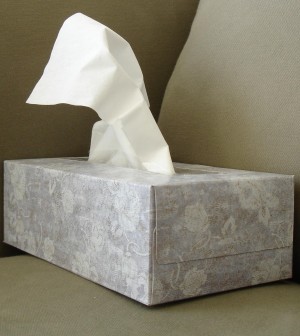- Could Your Grocery Store Meat Be Causing Recurring UTIs?
- Are You Making This Expensive Thermostat Error This Winter?
- Recognizing the Signs of Hypothyroidism
- 10 Strategies to Overcome Insomnia
- Could Artificial Sweeteners Be Aging the Brain Faster?
- Techniques for Soothing Your Nervous System
- Does the Water in Your House Smell Funny? Here’s Why
- Can a Daily Dose of Apple Cider Vinegar Actually Aid Weight Loss?
- 6 Health Beverages That Can Actually Spike Your Blood Sugar
- Treatment Options for Social Anxiety Disorder
Lyme Disease ‘Biofilm’ Eludes Antibiotics: Report

The bacteria that causes Lyme disease protects itself from antibiotics by forming a slime-like layer called a biofilm, a new study shows.
In many cases, Lyme disease returns after a patient has completed antibiotic treatment, and this finding may help explain why that occurs, the researchers said.
University of New Haven researchers determined that Lyme disease-causing Borrelia burgdorferi bacteria produces a biofilm that makes it up to 1,000 times more resistant to antibiotics than other bacteria.
They reported their findings recently in the European Journal of Microbiology and Immunology.
The discovery may lead to new ways to treat Lyme disease, said study author Eva Sapi, head of biology and environmental sciences at the university.
“These findings could change the way we think about Lyme disease, especially in patients where it seems to be a persistent disease, despite long-term antibiotic treatment,” she said in a news release from the Connecticut-based university.
“This recent finding could help to better understand how Borrelia can survive treatment and … will provide novel therapeutic targets for chronic Lyme disease, with the hope of eradicating Borrelia in these patients,” Sapi added.
More information
The U.S. Centers for Disease Control and Prevention has more about Lyme disease.
Source: HealthDay
Copyright © 2026 HealthDay. All rights reserved.










